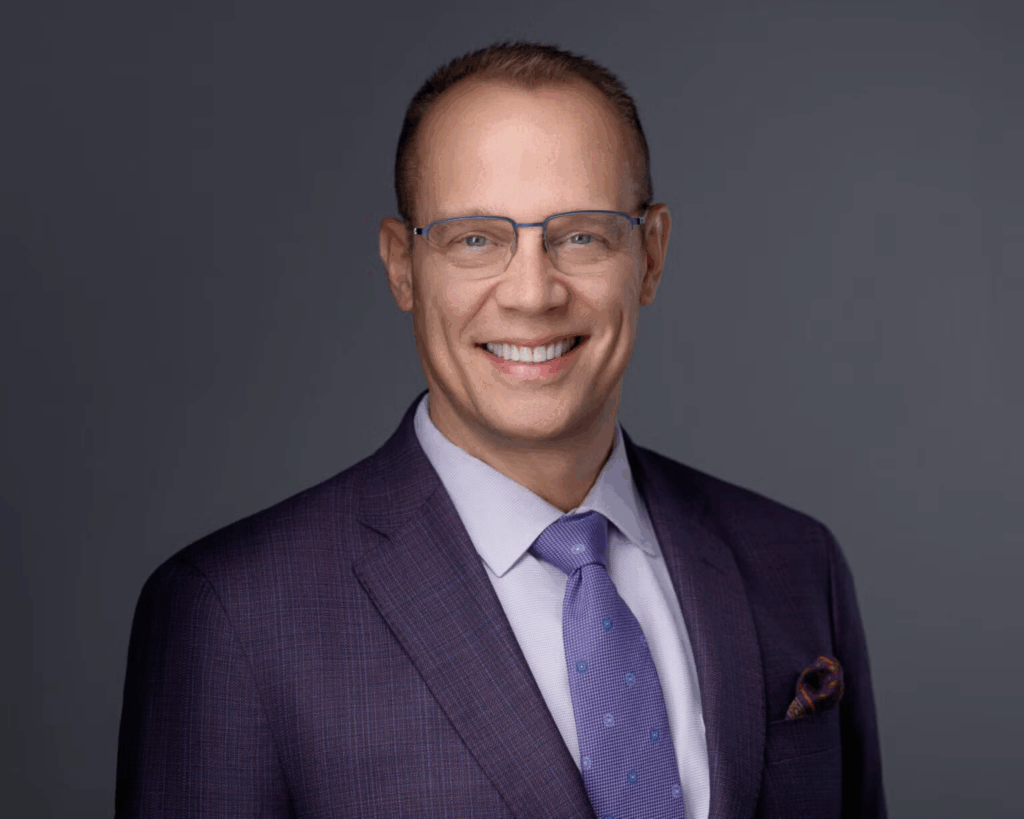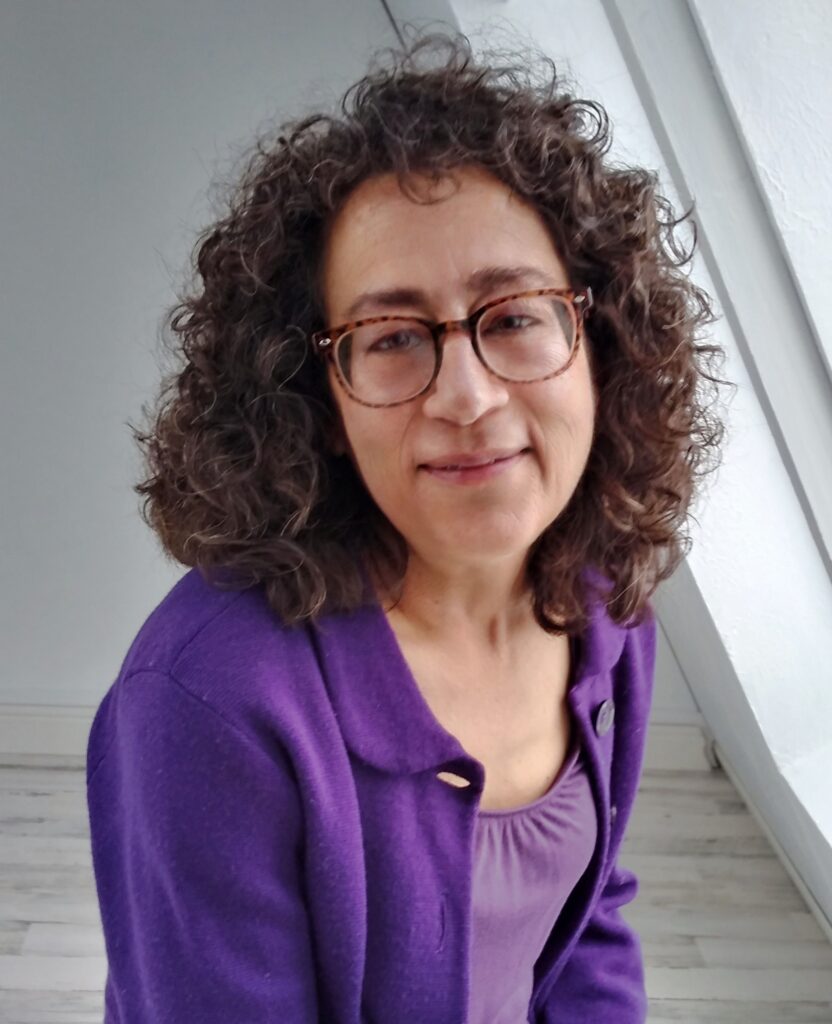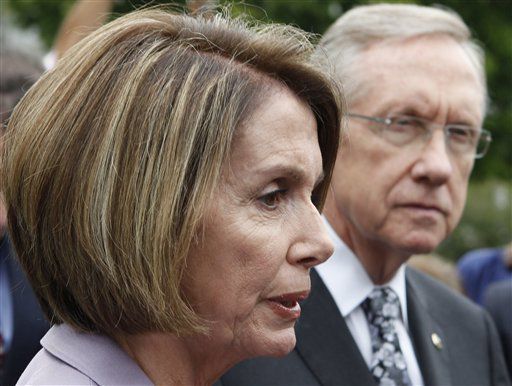BIDLACK | Let’s rethink and improve policing


If I’ve done the math correctly, this is my 277th column for Colorado Politics. I’ve enjoyed the writing process over the last few years. I have a kindly editor and smart readers, even though they often disagree with me. I’m actually a moderate, middle-of-the-road guy for the most part, though my friends on the far sides of our current partisan spectrum may insist otherwise. My military service and the education opportunities therein that I was afforded (thanks again to all the tax payers) along with my rearing by two caring and warm parents, made me who I am today, for better or for worse, as you may decide yourselves.
Normally, when I write my columns, I try to inject a bit of humor, or at least an effort at humor. But there is no opening joke in today’s missive. I tell you all this because today’s topic, the policing climate in the United States, is one in which I can find no humor to dull the sharp edges of the debate. And so, I will very cautiously offer a few thoughts on the recent “Defund the Police” movement.
It is important that I not overstate my own police qualifications. I served in the United States Air Force for over 25 years, retiring in 2006 as a Lt. Colonel. During my last two years in uniform, I enrolled in a program offered by the AF Academy’s Security Forces unit (think military police, but for the Air Force) to train for law enforcement operations on the Academy. I was a bit of an overachiever, and ended up getting fully certified as an AF cop, and ended my police work with over 2,000 hours of patrol duty, made felony arrests, worked with civilian law enforcement, and responded to a wide variety of calls for assistance. I am not a life-long cop, nor have I any experience in civilian law enforcement. As I said above, I don’t want to overstate my experience, but those many hours in a cop car did shape my thinking.
It is unfortunate that a very important idea about reforming and improving policing was tagged with the phrase “defund the police.” To many, that term has been taken to mean removing all funding and/or eliminating the traditional police force. Like all such slogans, it will mean different things to different people. It would have been much better, in my view, if the term had been “rethink and improve policing.” That, I firmly believe, is both more accurate and more important.
Look, I am pro-cop. I deeply believe that law enforcement officers have a vital and challenging job that is needed in a free society. But in recent decades, far too many tasks have been dumped on police forces across the nation. The most vital duty of a cop is to protect public safety. But all too often, cops are called to situations with people whose needs would be much better served by a social worker or mental health professional. Cutting funding for mental health in this country has resulted in far too many interactions between cops and people with mental challenges. Our communities would be improved by removing such responsibilities from cops (absent actual law breaking) and creating a “force” of social workers who could respond much more effectively to such situations. Some situations will require both cops and social workers. In my own experience, I know that I felt woefully inadequate to deal with a gentleman who clearly had serious delusions about who he was and where he was located. And don’t get me started on the burden the “War on Drugs” has placed on cops.
There also needs to be thoughtful discussions about the militarization of local police forces. As a military cop, I carried an M-16 and more from time to time. And there are certainly times when civilian law enforcement needs such weapons. But too much military hardware has been transferred to local cops, and when you have, say, an assault vehicle, you may well find yourself thinking that it should be used. The old “if all you have is a hammer, every problem looks like a nail” conundrum, eh? Money being spent on military-grade weapons can – mostly, I think – be spent better on the aforementioned social workers and such.
I know I am only scratching the surface here, and that there are many deep and difficult policing challenges confronting our nation. But I believe we can turn the “defund” notion to “improve and protect cops” as a concept. No cop looks forward to going to a domestic situation, nor trying to engage with a mentally ill individual. Let cops do police work and not ask them to do tasks that are better served by others, and we improve policing and public safety. And I know that I haven’t even touched on race and policing in this essay, but I will in the future. Race is a vital component of some of the toughest policing issues.
I believe that most cops are good people, and some are not, like anywhere. We need to root out the bad ones (and stop hiding them behind a blue curtain) and we need to rethink what we actually want cops to do. It is a huge task, but one that we must address, and the sooner the better.













